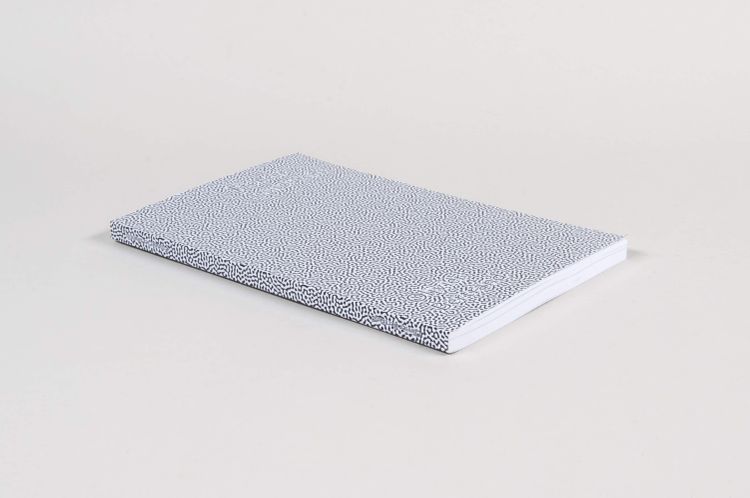Using the example of William Morris’s Kelmscott Press and Urs Lehni’s Rollo Press, Olivier Bertrand’s thesis Froncer les sourcils (Frowning Eyebrows) traces two publishing experiments that reinvented the publishing craft in their respective eras by seeing it as a creative play on its technical and financial constraints: “It is a question of responding positively to the constraints of the machine and the lack of means by taking advantage of difficulties and by showing inventiveness and cunning” (Olivier Bertrand, Froncer les sourcils, 58). They did not necessarily reinvent the wheel. Rather, as Bertrand points out, their achievement was to bring together craftsmanship and industrial production, horticulture and entrepreneurship, capitalism and socialism.
In this way, both publishers are shining examples for Bertrand’s own publishing practice, which he develops from the following consideration: “It is not necessary to recreate new structures each time, but it is quite possible to rely on those that already exist, even if it means hijacking them. Rather than denying them, we can imagine, for example, taking advantage of the strength of the institutional or industrial structures already in place to transform them according to our needs (and not those of the market). In terms of resources, it is a question of working as much as possible with the materials that are already around us […]” (Bertrand, Froncer les sourcils, 100).
Accordingly, Bertrand develops strategies of hacking and reusing leftovers from industrial production to make the books of his publishing house Surfaces Utiles and his magazine La Perruque (since 2015). The latter, for example, is a strip of paper, 90 cm long and 1 cm wide, obtained from the unprinted margins of printed matter. While the name of his publishing house alludes to the use of these unprinted surfaces, the name of his magazine takes Michel de Certeau’s term “faire la perruque,” describing the use of working time and working means, resources, or tools of a company to one’s own advantage (see Michel de Certeau, The Practice of Everyday Life, 26f.).


